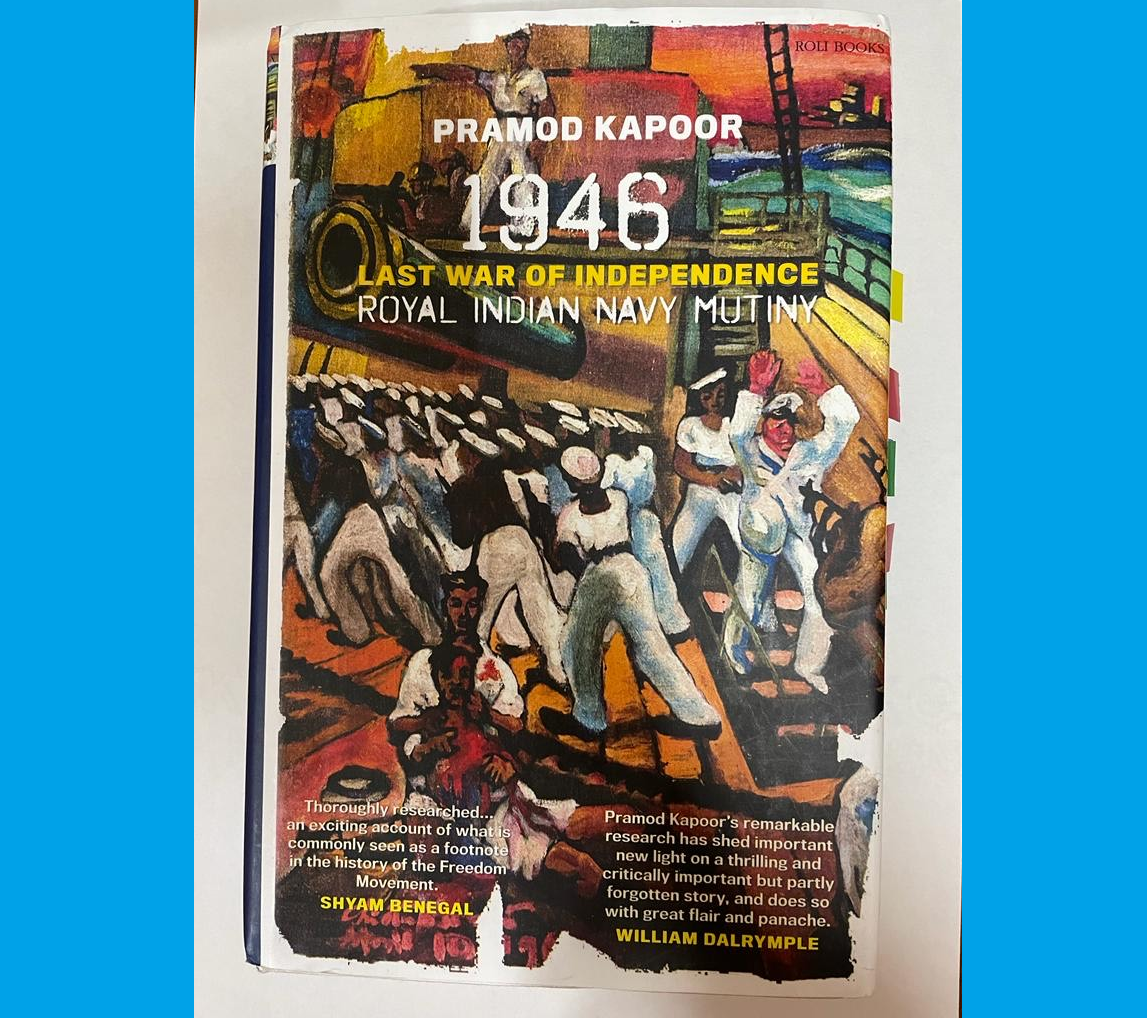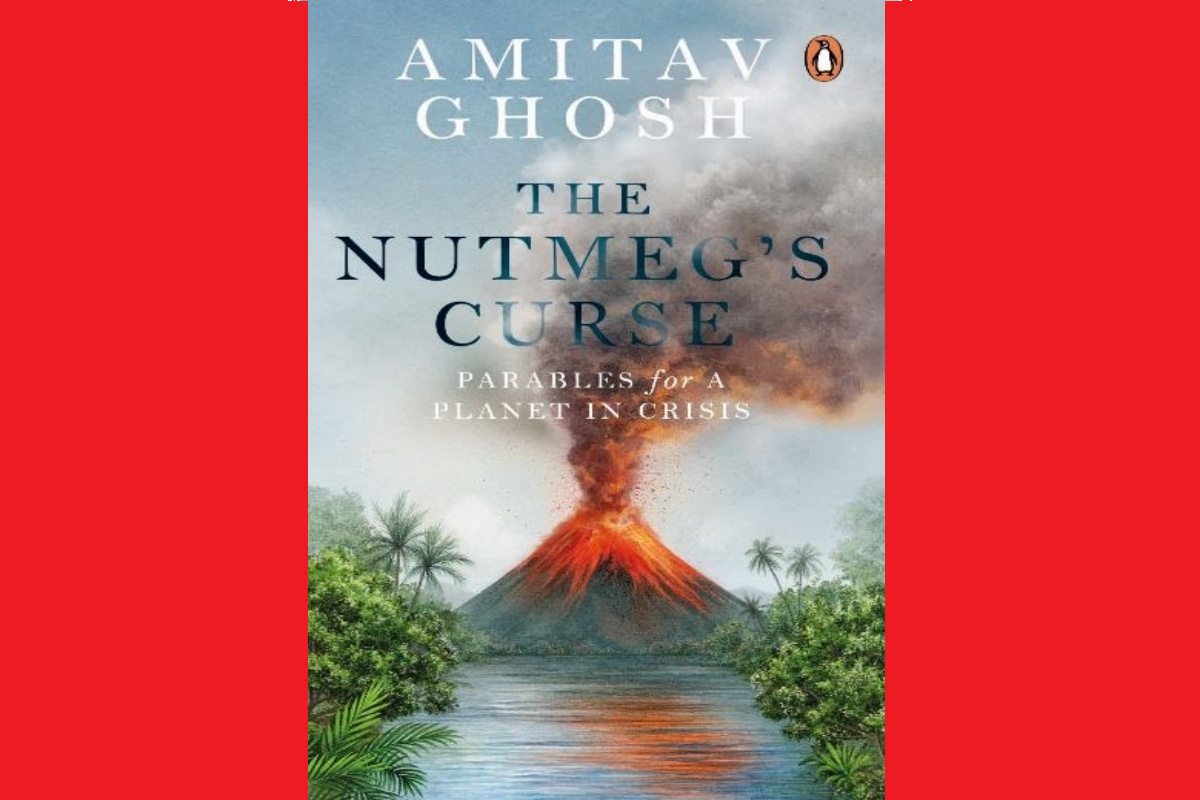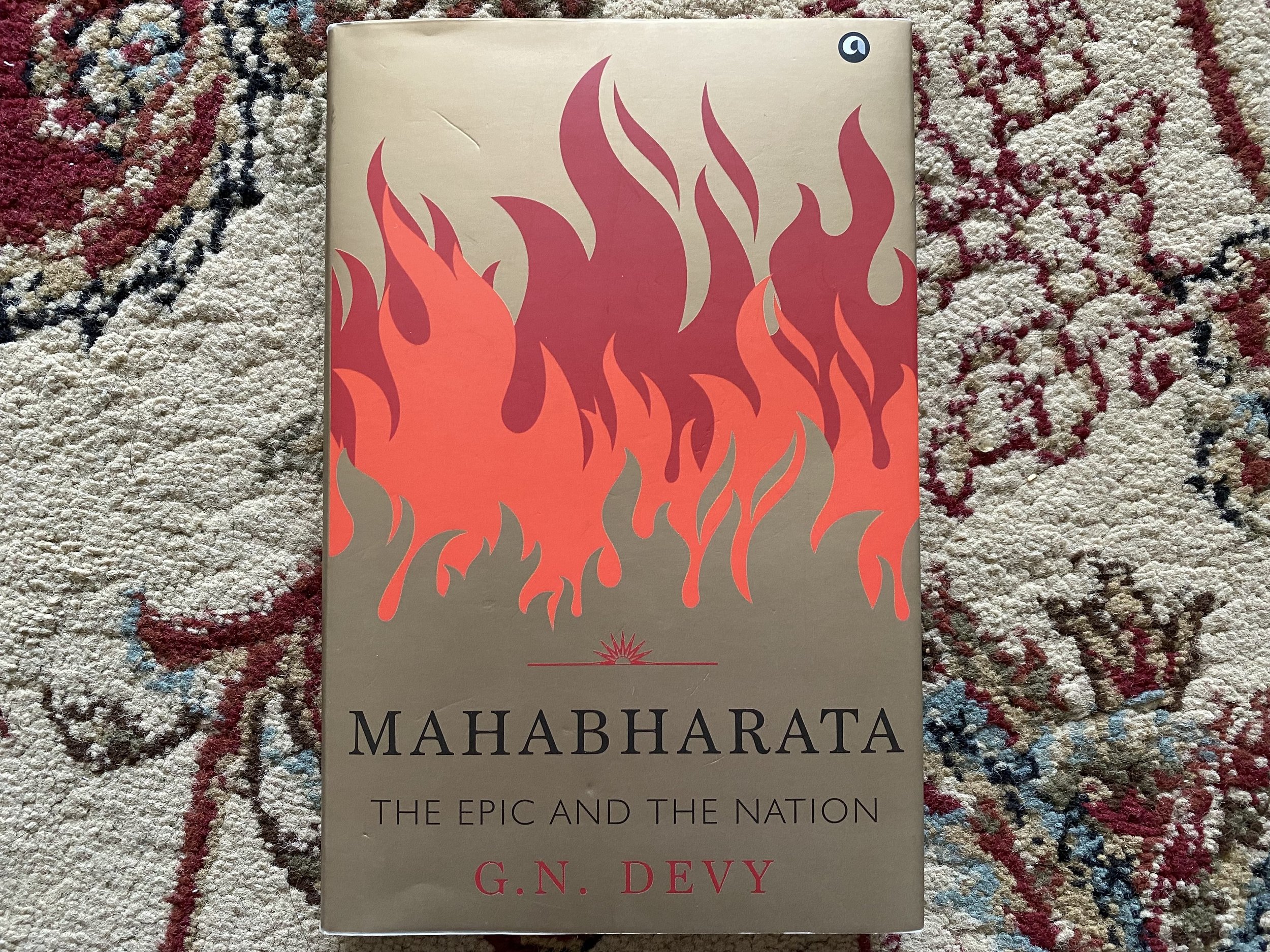A Forgotten Rebellion: The Royal Navy’s Mutiny of 1946
1946 Royal Indian Navy Mutiny: Last War of Independence adds yet another dimension to the existing accounts on the struggle for Independence. But how does our remembrance of history truly carry over to the present? By Priyanka Chakrabarty
Bleeding Past the Taboos: A new anthology on menstrual health in South Asia
Edited by Farah Ahamed, essays and stories in the anthology Period Matters confront directly with the issues of pain, health care, dignity, and social taboos around menstruation in South Asia. By Shreemayee Das
By the doorways of womanhood: The poetry of Kashiana Singh
Kashiana Singh’s poetry collection Woman by the Door is an exquisite intersection of the blossoming, enduring strength of women, the struggle of rebirth, and the existence with death and loss… through which Singh points us to a sure and certain hope: within ourselves. By Melissa A. Chappell
The Burning Embers of Petrofiction: Ilyas Ahmed Gaddi’s FIRE AREA
As long the coal remains a major player in the neo-liberal globalized world, the metaphorical and literal fires from Ilyas Ahmed Gaddi’s 1994 novel will keep burning. By Sudeshna Rana
In THE NUTMEG’S CURSE Amitav Ghosh gives voice to our ailing planet
In The Nutmeg’s Curse, Amitav Ghosh explores the epistemic gap between Enlightenment modernity’s designation of all nonhuman beings as objects meant to cater to human needs, and the indigenous worldview that identifies these ‘objects’ as active, vibrant, sentient individuals. By Paromita Patranobish
Authors of The Other: Social Realism in Indian Fiction
When it comes to social realist fiction, there is a fine line between giving voice to the voiceless and speaking on their behalf. Areeb Ahmad analyses literature by Puja Changoiwala and Deepa Anappara to examine how the genre manifests itself in recent Indian novels in English.
Priya: The Brown-Skinned Supergirl to the Rescue
Ram Devineni-created comic and puppet character Priya is India’s first girl superhero, a feminist icon inspiring a global environmental movement and systematic changes in ecological policies in India. By Anshika Ravi
The Ever-Moving Wheel: G.N. Devy on the Mahabharata
What is the purpose of the Mahabharata? In his short, succinct volume Mahabharata: The Epic and the Nation, G.N. Devy tackles the biggest questions behind one the greatest epics ever composed. By Karan Madhok
Naming the Unnameable: Daribha Lyndem’s NAME PLACE ANIMAL THING
In Daribha Lyndem’s novel Name Place Animal Thing, the effective use of layering of time, space, and cultural practices culminate into a generational arc of south Asian female adolescence and young adulthood. By Paromita Patranobish
Perumal Murugan Q&A: ‘It has always been my nature to go against the grain’
Acclaimed Tamil author (most-recently of Resolve) Perumal Murugan spoke about satire and literature, about men and women, and about being ‘controversy’s favourite child’. By Medha Dutta Yadav
On the refractive indices of words: The poetry of Sridala Swami
In his review of Sridala Swami’s collection Run for the Shadows (2021), Saurabh Sharma celebrates a poet whose ‘craft is like a prism, from which white light disperses into colourful bands’
The Performance of Trauma in Fiction
Priyanka Chakrabarty dives into examples of contemporary South Asian literature to explore the blurred line between trauma and ‘trauma porn’. Can fiction account for lived experiences and realities of trauma without making the plot performative?















